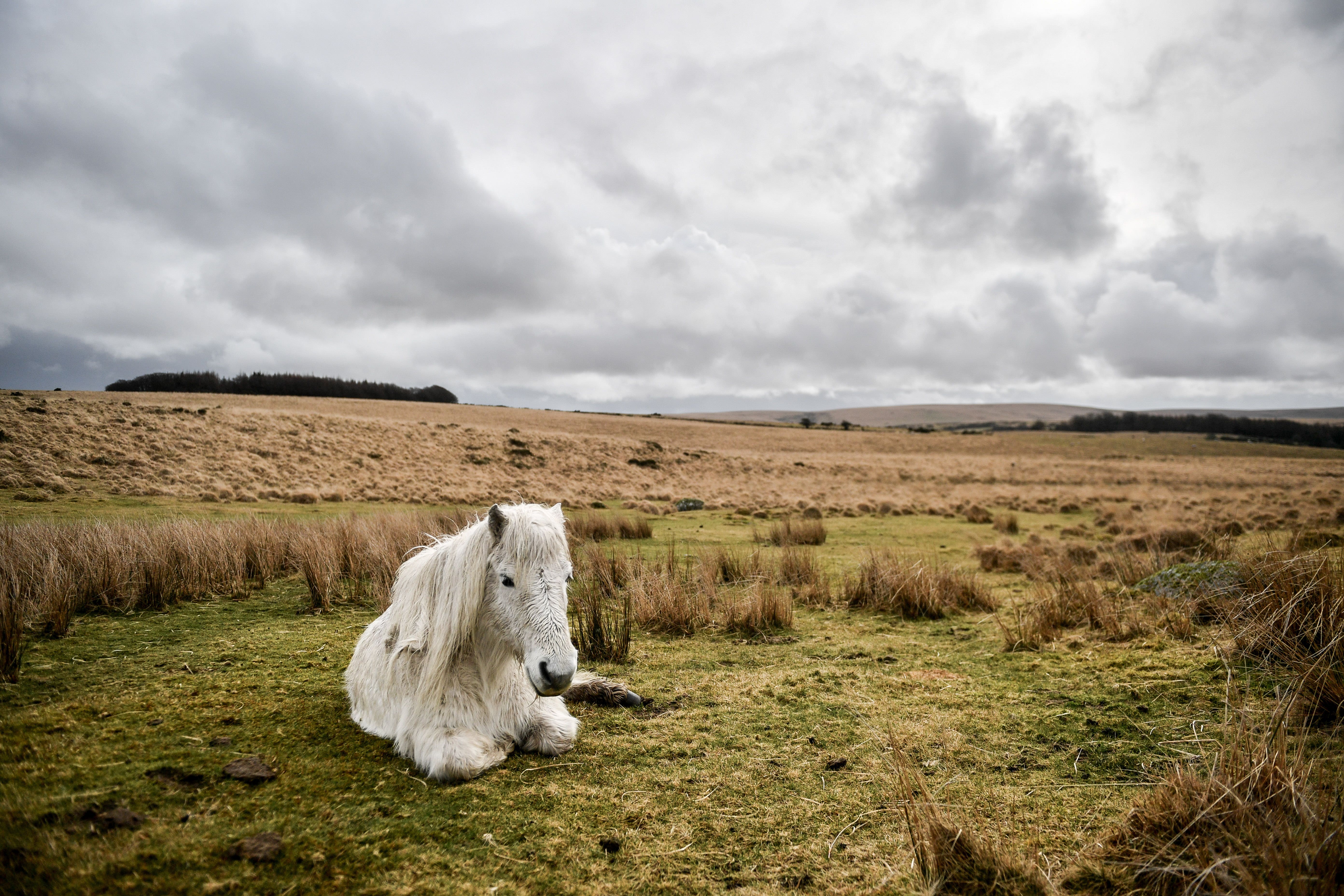Dartmoor Authority to appeal against High Court ruling on wild camping
The Dartmoor National Park Authority will also endorse a new permissive system in which landowners grant permission to allow the public to wild camp.

Your support helps us to tell the story
From reproductive rights to climate change to Big Tech, The Independent is on the ground when the story is developing. Whether it's investigating the financials of Elon Musk's pro-Trump PAC or producing our latest documentary, 'The A Word', which shines a light on the American women fighting for reproductive rights, we know how important it is to parse out the facts from the messaging.
At such a critical moment in US history, we need reporters on the ground. Your donation allows us to keep sending journalists to speak to both sides of the story.
The Independent is trusted by Americans across the entire political spectrum. And unlike many other quality news outlets, we choose not to lock Americans out of our reporting and analysis with paywalls. We believe quality journalism should be available to everyone, paid for by those who can afford it.
Your support makes all the difference.Dartmoor National Park Authority will appeal against the High Court ruling which declared people need landowners’ permission to camp on the protected landscape.
In a statement published on Friday, the Dartmoor National Park Authority (DNPA) also announced it will “endorse” the “new permissive system” in which landowners would grant permission to the authority to allow the public to wild camp.
The authority also said it would investigate which areas of common land, owned by DNPA, could be opened up to backpack camping.
The organisation met on Friday to agree these decisions.
The “permissive system” would involve landowners entering into a legal agreement with DNPA, with up to £300 paid annually to landowners who opt in.
A DNPA report published on Friday said this money would be taken from the Projects Fund in 2023/24 and in future years would be built into the revenue budget.
Landowners would be able to keep the fee but according to the report several have already indicated that they may donate it back to the National Park.
Areas where wild camping can take place, without the public having to seek individual permission from landowners, are already being shown on an interactive map on the authority’s website at: www.dartmoor.gov.uk/about-us/about-us-maps/camping-map
Anyone planning to wild camp must refer to the map and follow all “leave no trace” principles so they have no impact on the area where they have been.
This system was agreed “in principle” with the Dartmoor Commons Owners’ Association within days of the High Court judgment made on January 13.
Campaigners initially hit out at the deal, which they said was a “ransom note” from landowners who would be able to revoke permission to camp at any time.
Richard Foord MP for Tiverton and Honiton in Devon said in a Twitter post on Friday that he fully supports the authority’s decision to appeal and hopes the ruling can be overturned.
“Our National Parks should be open for everyone to explore and enjoy – without a curfew or being held to ransom by a small number of wealthy owners,” he said.
In another post, he added: “This week I tabled a Bill in Parliament which would continue to enable wild camping on Dartmoor – with a change in the law.
“I will continue to push the Conservatives to allow it to be debated so we can protect our historic rights permanently.”
The legal ruling came after two landowners won a High Court challenge against the right to wild camp without permission on the Dartmoor National Park.
Farmers Alexander and Diana Darwall argued that some wild campers on their land caused problems to livestock and the environment and sought a court declaration that members of the public could only pitch tents there overnight with their consent.
Mr and Mrs Darwall, who keep cattle on Stall Moor, which forms part of their more than 3,450-acre estate in the southern part of Dartmoor, secured a finding from a judge that a 1985 law that regulates access to moorland does not provide a right to wild camp.
When the legislation to establish National Parks was introduced it was described as a people’s charter - a people’s charter for the open air, for the hikers and the ramblers, for everyone who lives to get out into the open air and enjoy the countryside
Commenting after Friday’s meeting, DNPA chief executive Dr Kevin Bishop said: “We are grateful to the common landowners, including Mr and Mrs Darwall, who moved at speed to positively support the permissive system for backpack camping.
“The High Court judgment raises important issues of public interest that are central to the purpose of our National Parks. For this reason, the Authority has determined to seek permission to appeal the judgment.
“Our National Parks are largely owned by private individuals, and we respect their rights. However, our National Parks were designated by Parliament for their national importance. They have twin purposes: to protect and conserve and to provide opportunities for all parts of society to responsibly enjoy them.
“When the legislation to establish National Parks was introduced it was described as a people’s charter – a people’s charter for the open air, for the hikers and the ramblers, for everyone who lives to get out into the open air and enjoy the countryside.
“The High Court judgment potentially fetters that charter and seems contrary to the wishes of Parliament.
“Whilst we await determination of the application to appeal, and any subsequent appeal, we remain committed to working in partnership with landowners and other partners to ensure the new permissive system is successful.”